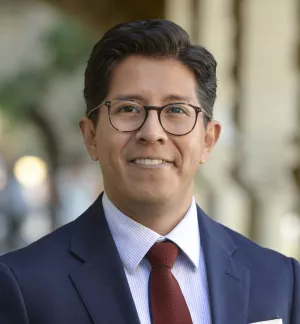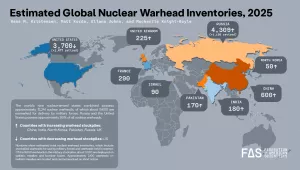Latin America and the Fragile Balance of Nuclear Orders
When does the Global South succeed in ordering international politics? Recent literature on the Global South documents how these countries have repeatedly sought to reform and even strengthen institutions governing economic, developmental, and social international aspects. I complement these studies by exploring the Global South’s participation during ordering moments in international security, a governance domain usually dominated by great powers. I use a hard case of developing countries’ agency to study if and how Latin American countries have influenced the design and development of the global nuclear order. I argue that Latin American states have influenced global nuclear governance by engaging in embedded ordering: they have linked parallel processes addressing the same security risk at different governance levels, making them compatible through similar institutional structures, a coherent system of ideas, and support from the Global North. In the 1960s, for example, they purposely co-constituted the Treaty on the Non-Proliferation of Nuclear Weapons and the first nuclear-weapon-free zone in a densely populated area, coupling the international and regional responses to the imperative to order nuclear politics.



